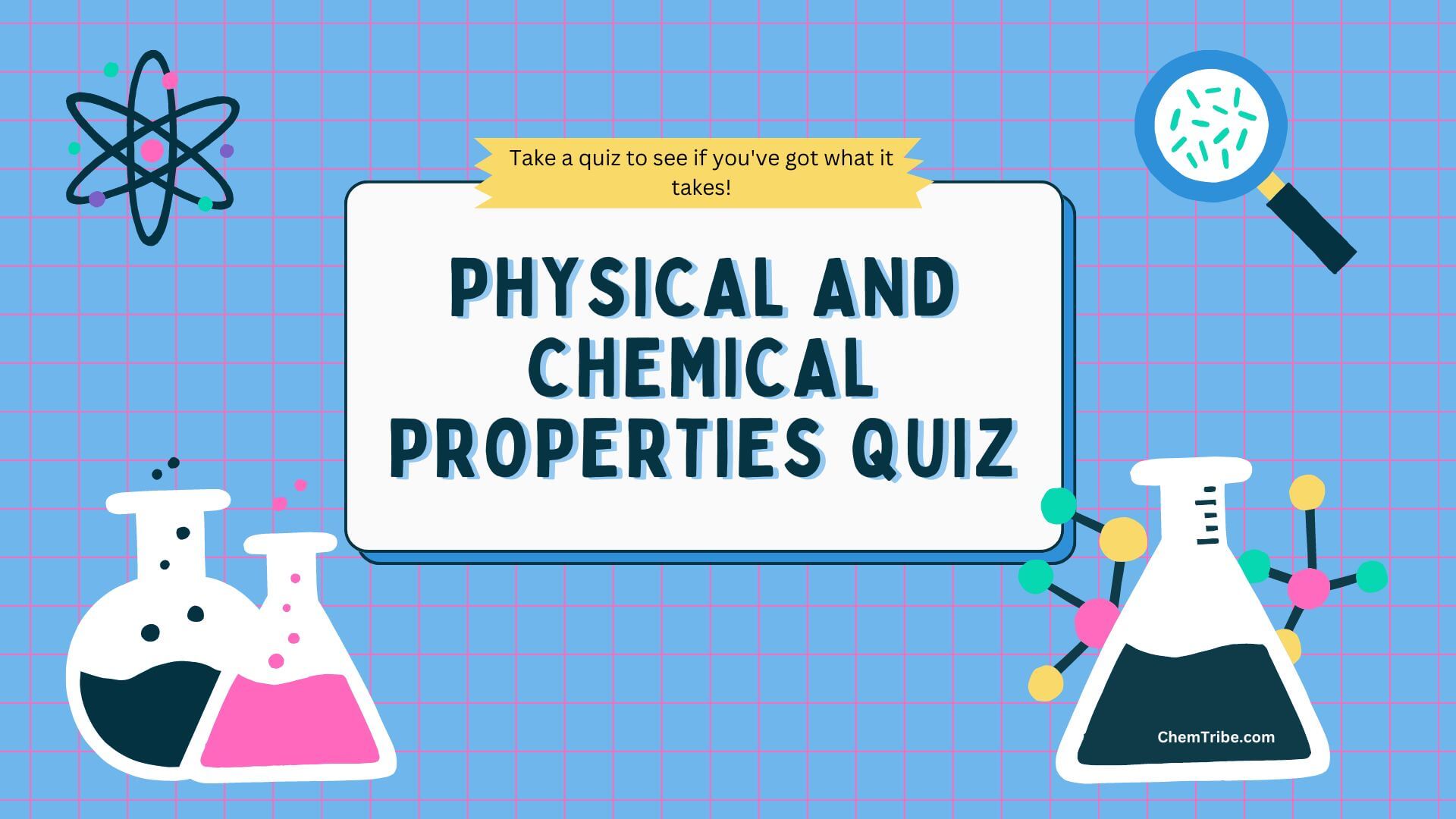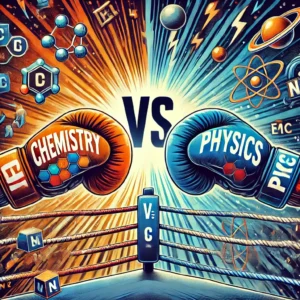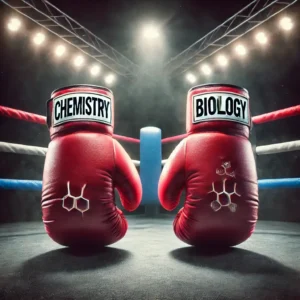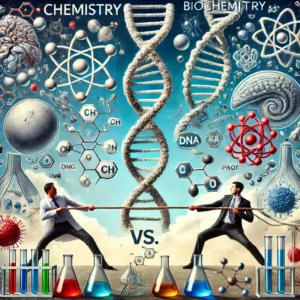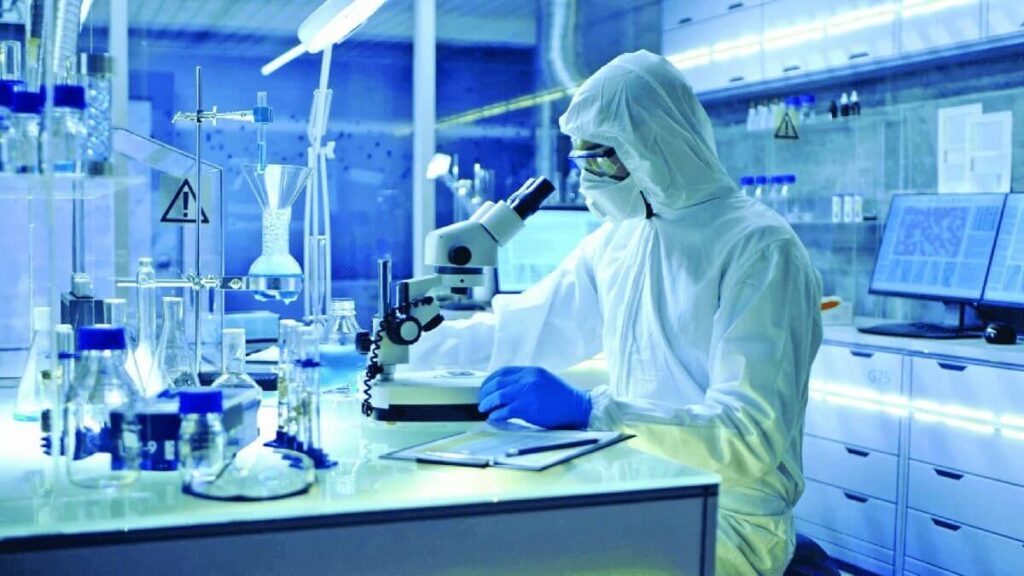Understanding the distinction between physical and chemical properties is essential to chemists, as it helps us identify substances, predict their behavior, and design new materials.
But how well do you understand the differences between the physical and chemical properties of matter? Can you accurately tell whether a property is a physical or chemical property? Let’s test your knowledge! You can also challenge others on this physical and chemical property quiz to see who knows more.
Have fun while learning this interesting chemistry concept. Do not forget to share.
Should you encounter any confusion with a particular question or answer, don’t hesitate to brush up on your knowledge by revisiting this post: Physical and chemical properties of matter
